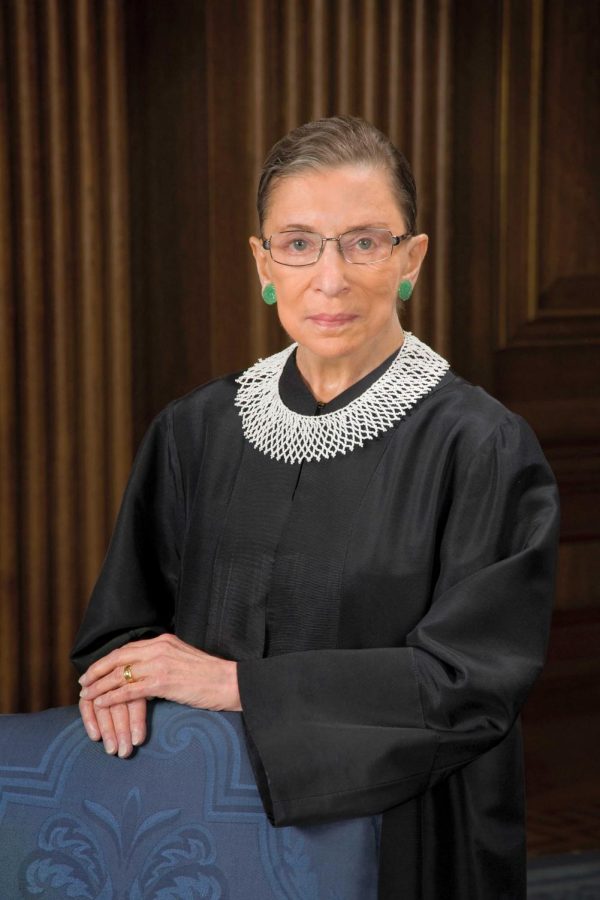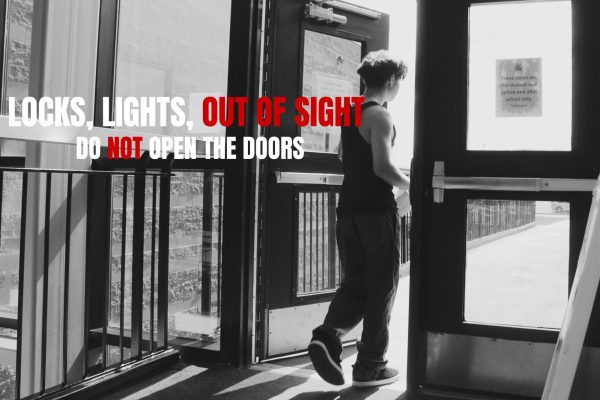The Life of Ruth Bader Ginsburg
On September 18, 2020, Supreme court justice Ruth Bader Ginsberg passed away from pancreatic cancer, and for good reason the world wept.
With the recent, and rushed appointment of Justice Amy Coney Barrett, which many are referring to as court packing, eyebrows have been raised.
Her seat in the Supreme Court was once filled by the legendary “Notorious R.B.G.”, who made her title by fighting for gender equality. Ginsberg served as a Supreme Court justice judge for 27 years and on DC’s Court of Appeals for the 13-years prior.
Judge Ginsberg dedicated her life to the fight for gender equality before the law. She fought for the rights for all women of America; not only women, but for everyone regardless of race, sex, or religion. Ruth saw everyone equal in the system, and she fought for it like her life was in danger.
Ginsburg played a critical role in passing the law Reed vs. Reed landmark rulings, allowing women to buy a house by themselves, open a bank account without a male signature, and have all the rights that they were given in the Constitution, which men have had since its drafting.
However, Ginsburg didn’t confine efforts to protect the rights of women alone.
“She worked a lot with focusing on the equal protection clause of the 14th amendment to students as well as other adults from all different races, ethnicities, socioeconomic backgrounds, [and] identification as well,” said Mrs. Bramhall, a sociology and government teacher here at Grandview .
The Equal Protection Clause of the 14th amendment protected all such groups from having their citizenships revoked on account of their identity such as being a certain sex, race, or religion.
For students who are curious about Ginsburg’s life and contributions to society, Bramhall recommended both the documentary RBG and the biographical film On The Basis of Sex, insisting that being informed on the value and achievement of supreme court justices is essential to developing a working understanding of many political situations that directly impact our lives.
“I think it’s important to understand the significance of a Supreme Court Justice, and how much impact they actually have on our life.” said Bramhall.
We’ve all been told a thousand times that we’re living in an era of turmoil, one in which praise for our government could easily come off as naive at best. And yet, it’s precisely due to this bog of political strife that we need to reflect upon democracy’s success stories in search of guidance toward a more unified future.
Ginsburg may be dead and gone, but her devotion to justice needs will not vanish with her.
“We have nine people who make decisions that determine things that carry down from the federal government to the state government to the local government to our own specific lives,” said Bramhall. “I don’t think many people understand their significance, and the importance of their decisions on our future.”

"Music is certainly one of the most powerful forms of human expression because it ranges between so much different emotion and conveys different stories,...







![A Vest Won’t Protect You [OPINION]](https://ghschronicle.com/wp-content/uploads/2025/09/KoltonZuckerVestPosterOffWhite-450x600.png)



